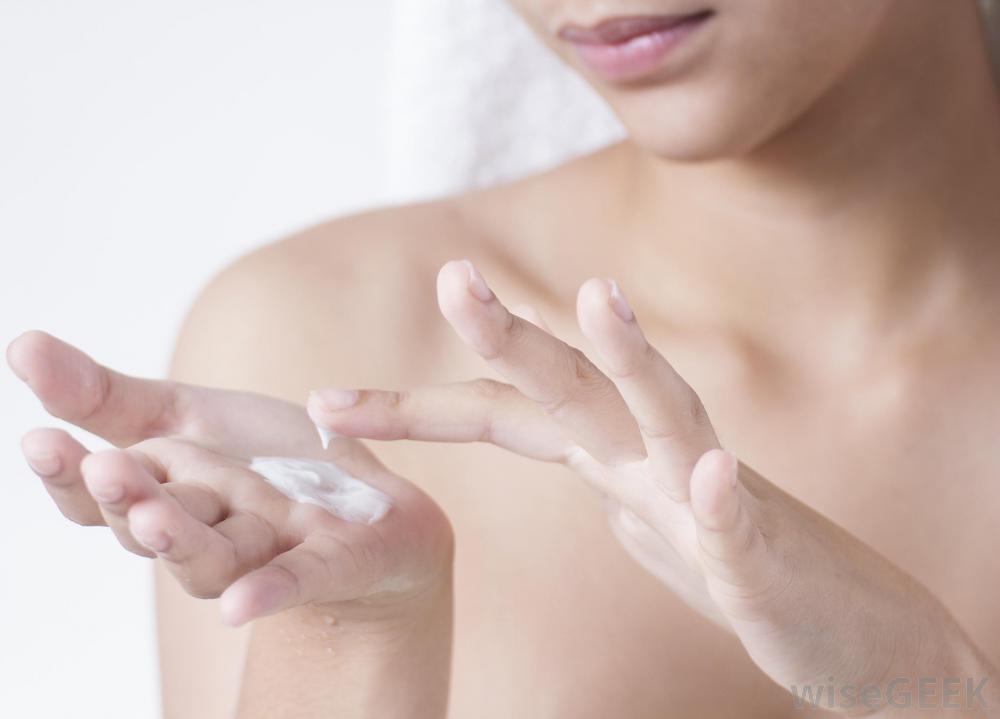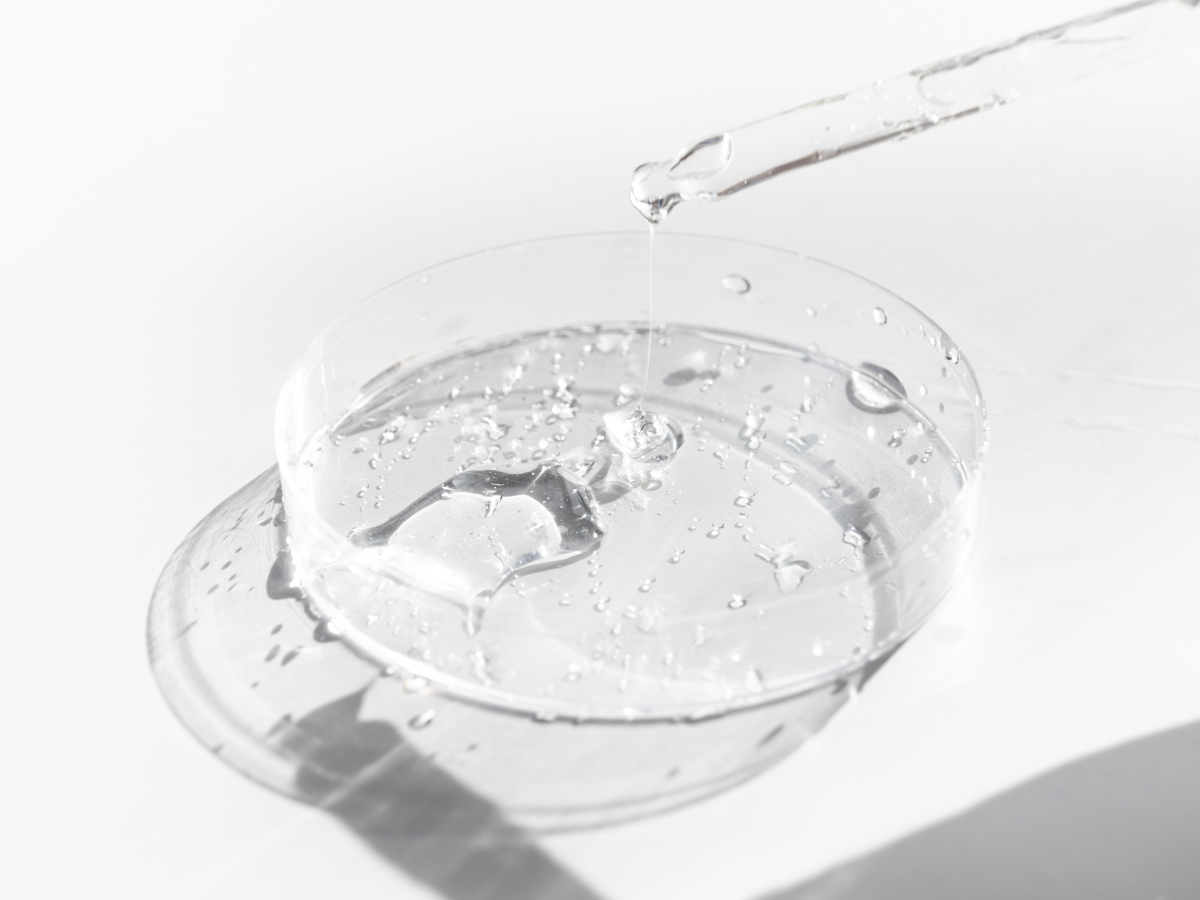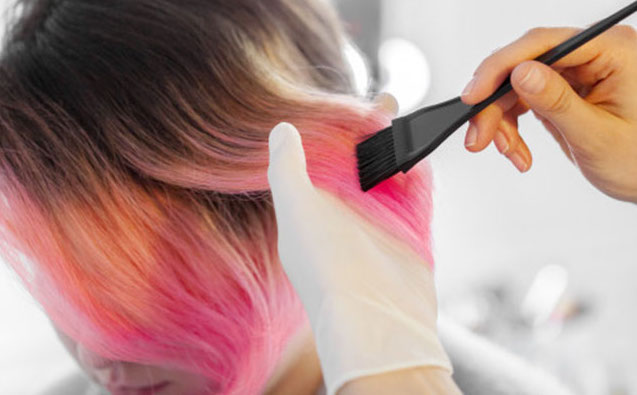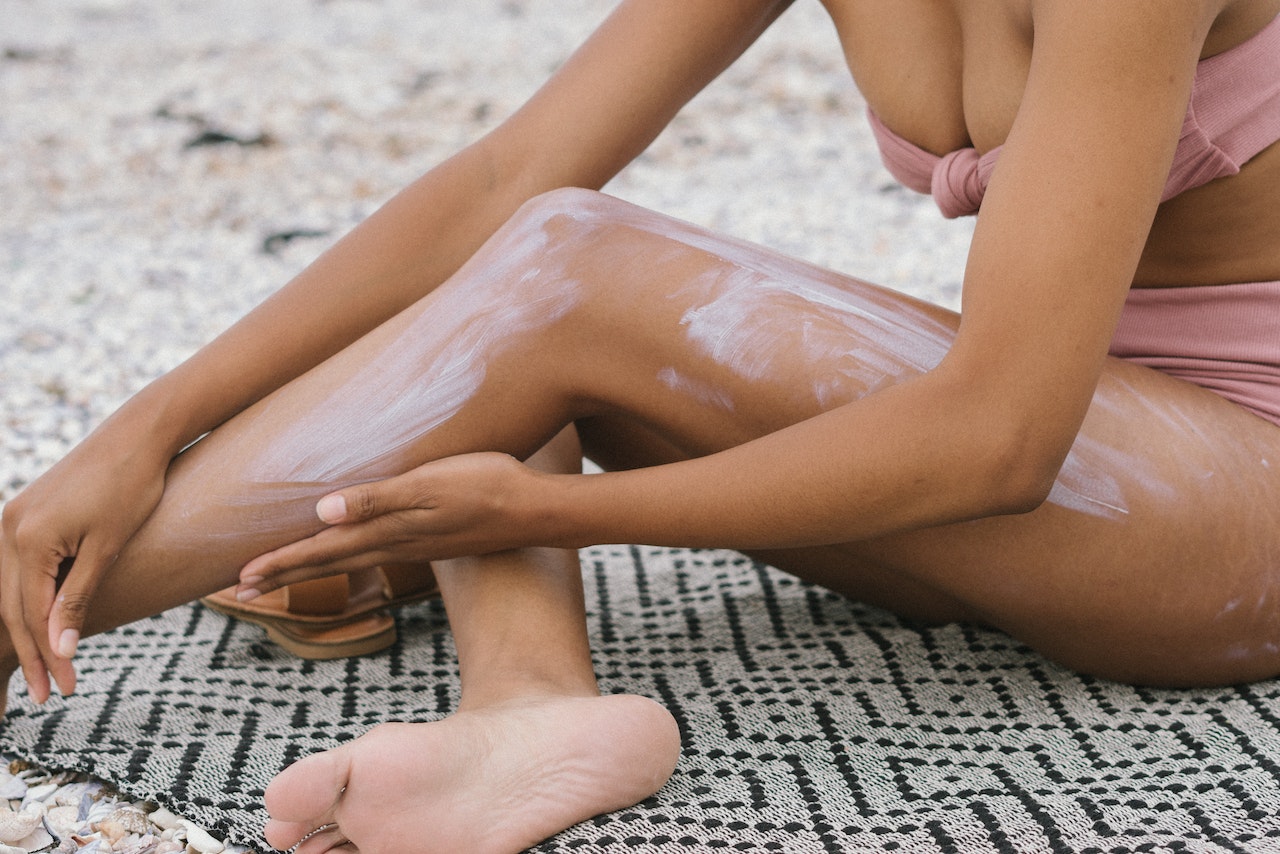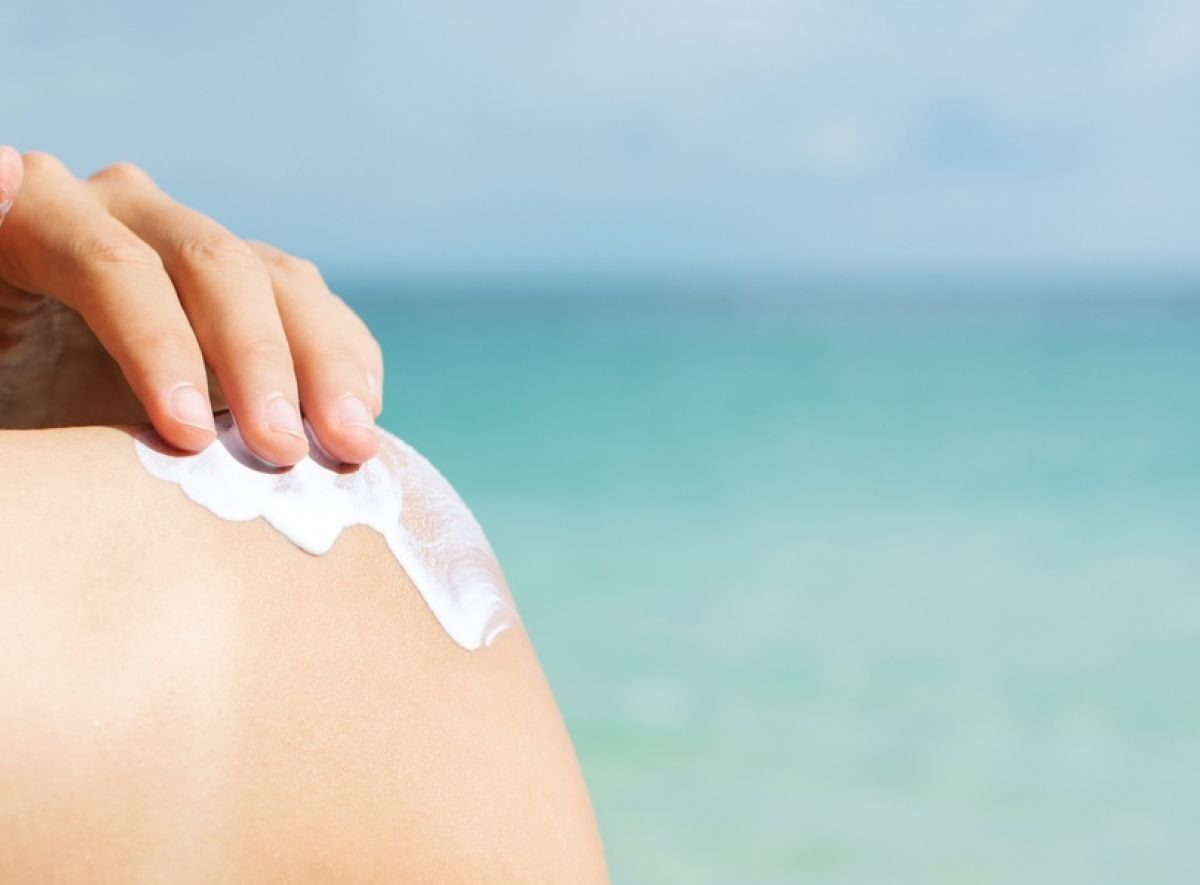VITAMIN A AND ITS SAFETY
Vitamin A constitutes a group of lipid-soluble compounds including retinol, retinyl palmitate, retinyl acetate, retinyl linoleate and retinal. Vitamin A is a micronutrient essential for most mammalian species. According to CosIng database, retinol, retinyl palmitate and retinyl acetate are used as a skin conditioning agents in cosmetics and personal care products.
A safety dossier was submitted by Cosmetics Europe in 2012, with the aim to support the continuous use of Vitamin A in cosmetic products. It relates to the use of retinol, retinyl palmitate and retinyl acetate as cosmetic ingredients at maximum use concentrations of 0.05% RE in body lotions, 0.3% RE in hand and face creams as well as in other leave-on or rinse-off products. The Norwegian risk assessment of the use of Vitamin A (retinol and retinyl esters) was received by the European Commission in 2013.
The Commission asked the opinion of the European Medicine Agency (EMA) to exclude the possibility that, at maximum use concentrations of 0.05% RE in body lotions, 0.3% RE in hand and face creams as well as in other leave-on or rinse-off products, Vitamin A could be considered a medicinal product instead of a cosmetic product. EMA considered that “locally applied products containing Vitamin A at the maximum concentrations of 0.05% (retinol equivalents) in body lotions, 0.3% (retinol equivalents) in hand and face creams as well as in other leave-on or rinse-off products, are not considered to be medicinal products by virtue of their function“.
In 2016, the European Commission’s Scientific Committee on Consumer Safety (SCCS) issued an opinion on Vitamin A (Retinol, Retinyl Acetate, Retinyl Palmitate). The teratogenic potential of Vitamin A and effects on liver and local skin effects were considered the most critical toxicological endpoints.
The SCCS concluded that Vitamin A (retinol, retinyl palmitate and retinyl acetate) at a maximum concentration of 0.05% (of retinol equivalent) in body lotions is per se safe. The SCCS also considered that Vitamin A at a maximum concentration of 0.3% in hand cream, face cream and in rinse-off products per se is safe. Baby skin care products containing Vitamin A (like body lotions and creams) were considered safe for 1-3 year old children by the SCCS.
Exposure to Vitamin A from sunscreen products, the derivatives retinyl linoleate and retinal, exposure to Vitamin A from sources other than cosmetic products, were not included or taken into in the SCCS opinion. The SCCS recognized that population’s overall exposure to Vitamin A can be significantly higher, especially because diet (followed by supplements and cosmetics) represents the most important source of Vitamin A in the population.
REVISION OF THE SCIENTIFIC OPINION ON VITAMIN A
The European Commission received additional information on a recent study, which evaluated the aggregated exposure to Vitamin A from cosmetics, diet and food supplements and the contribution of cosmetic products among the overall/total exposure to Vitamin A. The Commission requested a revision of the opinion on Vitamin A (Retinol, Retinyl Acetate, Retinyl Palmitate) issued in 2016 by the SCCS
The SCCS has issued a preliminary version of the requested revision. On this revision, the SCCS stated that “Vitamin A in cosmetics at the specified concentrations is safe”.
Although cosmetics alone do not exceed the upper limit allocated to Vitamin A, cosmetics containing Vitamin A may be of concern for consumers with the highest exposure (contribution from food and food supplements) because it may exceed the recommended upper limit of daily intake.
The SCCS considers that it is beyond its scope to suggest maximum concentration limits that take into account contributions from other sources (e.g., food, food supplements, etc.).
The SCCS preliminary version of the revision of the scientific opinion on Vitamin A is open for comments until 7 February 2022.
If you wish to get more information on the safety of cosmetic ingredients, feel free to contact us at info@criticalcatalyst.com.
References:
- Regulation (EC) No 1223/2009 of the European Parliament and of the Council of 30 November 2009 on cosmetic products.
- Scientific Committee on Consumer Safety (SCCS). Revision of the scientific Opinion (SCCS)1576/16) on Vitamin A (Retinol, Retinyl Acetate, Retinyl Palmitate). SCCS/1639/21. 2021
- Scientific Committee on Consumer Safety (SCCS). Opinion on Vitamin A (Retinol, Retinyl Acetate, Retinyl Palmitate). SCCS/1576/16. 2016

